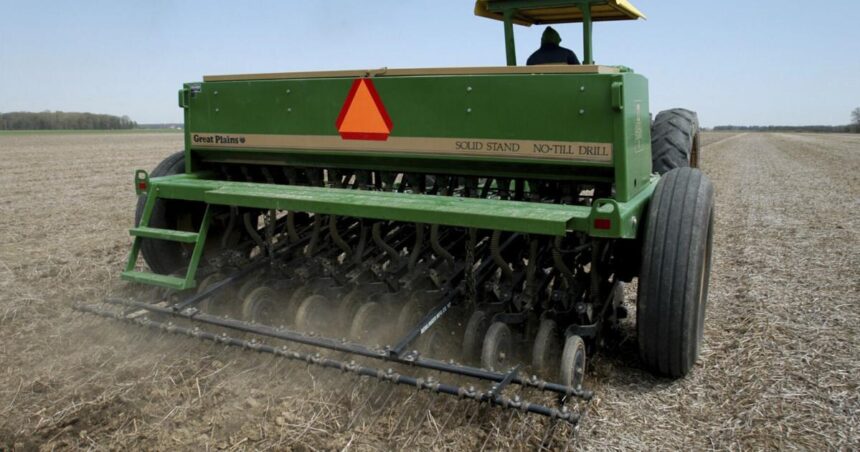In the realm of greenhouse gas emissions, carbon dioxide tends to receive most of the blame. Yet, it is the tiny organisms thriving in the world’s farm fields that emit a much more potent gas: nitrous oxide. Scientists have been searching for a solution to address this issue.
Some researchers now believe they have identified a bacteria that could help in this regard.
In a recent publication in Nature, they reported that extensive lab and field trials demonstrated that the naturally occurring bacteria led to a reduction in nitrous oxide emissions without disrupting other soil microbes. Additionally, it exhibited good survival rates in soil and was cost-effective to produce.
Lars Bakken, a professor at the Norwegian University of Life Sciences and one of the study’s authors, remarked, “I believe that the pathway we have unlocked here opens up numerous possibilities for bioengineering farmland soil.”
A pound of nitrous oxide, commonly known as laughing gas, is capable of warming the atmosphere 265 times more than a pound of carbon dioxide and can linger in the atmosphere for over a hundred years. The extensive use of nitrogen fertilizer by farmers contributes to increased nitrous oxide production in the soil, with this gas accounting for 6% of all U.S. greenhouse gas emissions from human activities in 2022, as per the Environmental Protection Agency.






